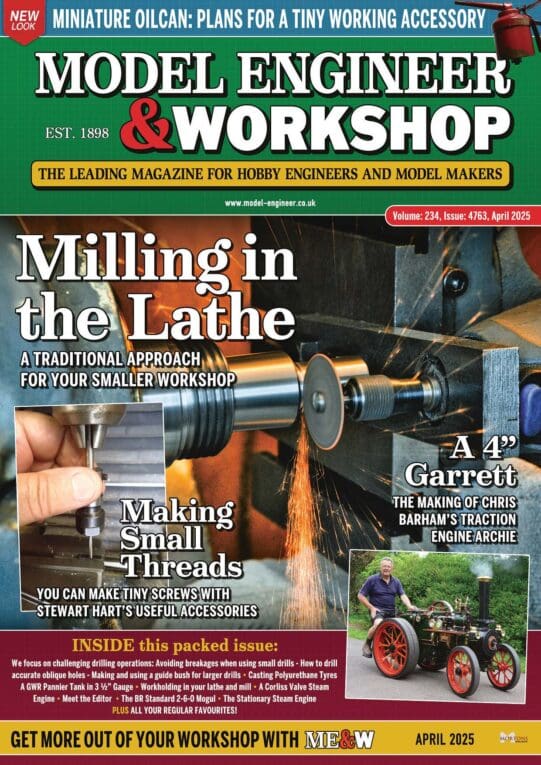…
I don’t know why sulphuric acid is classed as an explosive precursor…
It’s classed as an explosive pre-cursor because it is an explosive pre-cursor!
Mechanical Engineers tend to underestimate what other engineers are capable of. We assume mechanical mechanisms are simpler and more reliable than electronics, steel made from recycled metal must be impure, electric cars don’t work, and many other half-true simplifications. The truth is experts within their specialisation run rings round everybody else. It’s what they know that matters, not what we believe!
A chemical engineer knows how to manipulate Sulphuric Acid, and much, much more. Sadly, some chemists support terrorists (or freedom fighters depending on the politics) or make illegal Class A drugs for a living. Misuse is a real problem, and I’d rather inconvenience a few hobbyists than make it easy for persons of ill-intent.
For pickling, a cheap fast acting clean mineral acid is best, and dilute Sulphuric ticks most of the boxes. Industry use it in very large quantities, and for them the paper-work needed to buy it is trivial. Unfortunately, mad bombers have much the same profile as Model Engineers. They order a small quantity (less than a ton) for delivery to a private address, and have no established commercial or technical purpose. Expect to be treated with suspicion.
Hydrochloric Acid is also cheap, fast acting, and readily available but it’s less suitable for pickling because it leaves corrosive Chloride ions in the pores of the metal. These undermine the effectiveness of Galvanising, Paint, and other anti-corrosion treatments. Unlikely to show up on amateur work, but it noticeably reduces the corrosion resistance of steel structures; bridges that should last 80 years, only last 50 etc.
Citric Acid is slow acting and expensive, but it’s completely safe, doesn’t smell, and is readily available. The cost doesn’t matter much in small workshop, because we rarely pickle large amounts of metal, nor do we need results in minutes. Leaving Citric Acid overnight will do the job. Citric Acid’s slow action is an advantage in some cases, for example it’s less likely to seriously de-Zinc Brass before anyone notices!
For ordinary sized model engineering objects, I use Citric. If I needed to pickle a large amount of metal quickly, I’d buy some Hydrochloric Acid. It’s sold by most Builders Merchants and DIY stores as Brick or Patio Cleaner, and is also used in Swimming Pools. Not needed to yet. If I was a professional Boiler maker, where cost and speed are important, I’d do the paperwork and buy Sulphuric.
Dave
PS I know Sulphuric is spelt Sulfuric, but I’m an old-fashioned Brit!
Martin Kyte.




